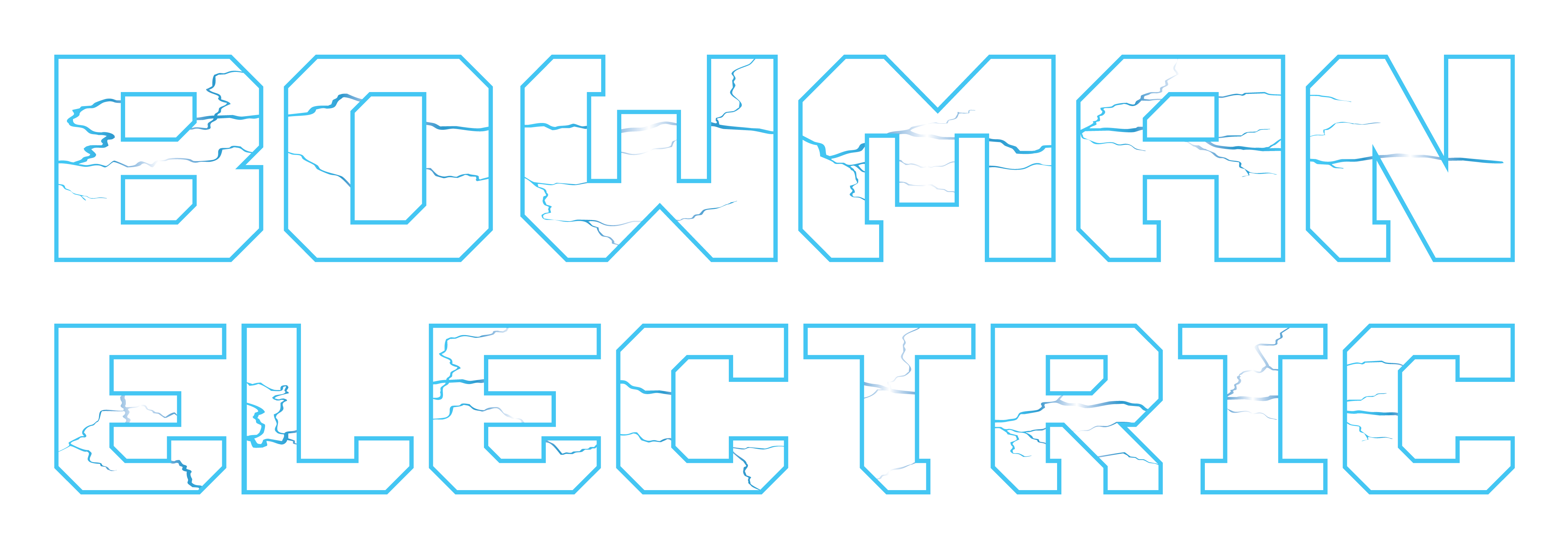Protecting Your Electrical System: Ground Animals and Wire Damage
- Leanne Bowman
- Sep 19, 2023
- 3 min read

In the realm of electrical systems and infrastructure, various risks and challenges must be considered to maintain safety and functionality. While most people are familiar with the dangers posed by electrical overloads and short circuits, one often overlooked threat comes from the ground – quite literally. Ground animals, such as rodents and insects, can pose a significant risk to your electrical system by chewing through wires and causing potential hazards. In this article, we will explore the dangers posed by ground animals, the reasons behind their behavior, and how you can protect your electrical system from such threats.
The Culprits: Ground Animals and Wire Damage
Ground animals, including rodents like rats, mice, squirrels, and even insects like ants and termites, are known for their ability to chew through wiring and insulation. This seemingly innocent act can have severe consequences for your electrical system, your safety, and your wallet.
Physical Damage: The most immediate issue is the physical damage to the wiring itself. When animals chew through wires, they expose the conductive material within, increasing the risk of electrical shorts, fires, or even complete system failure.
Fire Hazard: Exposed wires can lead to short circuits and electrical fires, which can cause extensive damage to your property and pose a significant risk to occupants.
Electrocution Risk: Animals that chew through live electrical wires can be electrocuted, potentially causing further damage and posing a risk to people living in or around the affected area.
Costly Repairs: Repairing wire damage can be costly, especially if it necessitates rewiring entire sections of your electrical system. Additionally, any resulting downtime can disrupt your daily activities and lead to productivity losses.
Why Do Ground Animals Chew Wires?
Understanding the reasons behind ground animals' wire-chewing behavior is essential to develop effective prevention strategies. Several factors contribute to this behavior:
Dental Health: Rodents have continuously growing teeth that need to be constantly worn down. Chewing on hard materials, like wires, helps them maintain their dental health.
Nesting Material: Animals often see wiring as a suitable material for building nests. Wires provide insulation and are readily available in attics, basements, and crawlspaces.
Taste: Some wires are coated with materials that may be appealing to animals due to their taste or smell, further encouraging chewing behavior.
Exploration: Insects and rodents are naturally curious creatures. They may chew on wires simply out of curiosity or as they explore their surroundings.
Protecting Your Electrical System
Given the potential risks associated with ground animals chewing wires, it's crucial to take proactive measures to protect your electrical system. Here are some practical steps you can take:
Regular Inspections: Conduct regular inspections of your property, paying close attention to areas where electrical wiring is exposed or accessible to animals.
Seal Entry Points: Ensure that openings around your property, such as utility entry points, are sealed to prevent animals from gaining access to your wiring.
Wire Conduits and Insulation: Consider using conduit and insulating materials designed to deter animals from chewing through wires. These protective coverings can act as a barrier against wire damage.
Professional Pest Control: If you suspect a pest infestation, consult with a professional pest control service to eliminate the problem effectively.
Wire Types: Choose wiring materials that are less appealing to animals. Consult with a qualified electrician to identify suitable alternatives.
Ultrasonic Deterrents: Some ultrasonic devices emit high-pitched sounds that are unpleasant to rodents and insects, deterring them from entering the area.
The threat of ground animals chewing through your electrical wiring should not be underestimated. By understanding the reasons behind this behavior and taking proactive measures to protect your electrical system, you can reduce the risk of damage, fires, and costly repairs. Regular inspections, proper sealing, and the use of protective measures can go a long way in safeguarding your property and ensuring the reliability and safety of your electrical infrastructure. If you're concerned about the condition of your electrical system or suspect an infestation, don't hesitate to seek professional guidance to mitigate these risks effectively.




